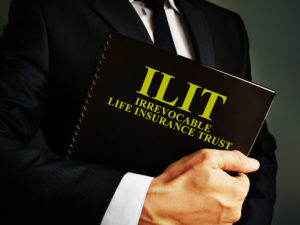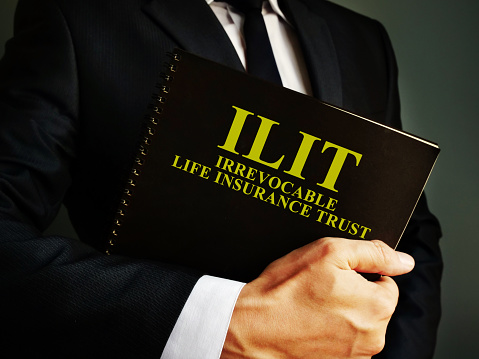One of the most common reasons to engage in estate and elder law planning is to preserve your assets while still qualifying for long term care benefits provided by Medicaid. Many individuals who are getting close to retirement age look for options, such as passing on properties or assets to another family member.
There is a better way to hold on to these assets and that is using an irrevocable trust. This ensures that you are able to control where assets go and how they are distributed so that they are not lost in an effort to pay for care. There are two primary types of irrevocable trusts. The first is known as a spousal lifetime access trust and the second is an irrevocable life insurance trust. Irrevocable trusts are different than naming or passing on a gift to your loved ones.
The grantor retains no control over what happens to the assets when making a gift. However, an irrevocable trust gives that trust creator a certain level of control over how the assets are distributed and how they should be used. Irrevocable trusts cannot be revoked or amended so it is important to discuss which kind of trust you intend to use with the support of a dedicated estate planning attorney.
You must be careful passing on gifts the closer you get to possibly needing support from Medicaid. There are penalty periods that could apply to gifts made within a certain period of time prior to your Medicaid application.
There are many different questions that need to be asked during this process and you need to follow through with properly titling assets to move them into the trust. If you can carry this through, your estate planning attorney will have you set up for success.
